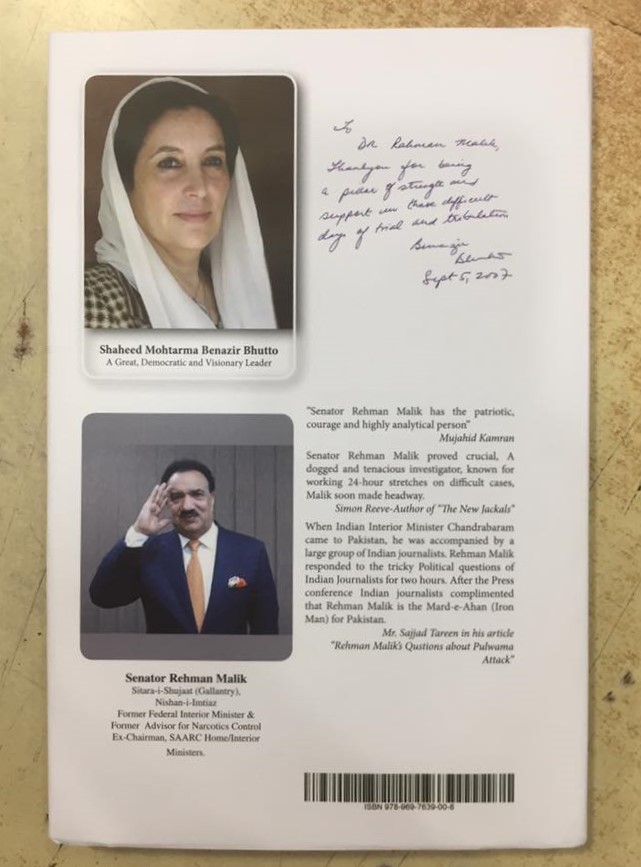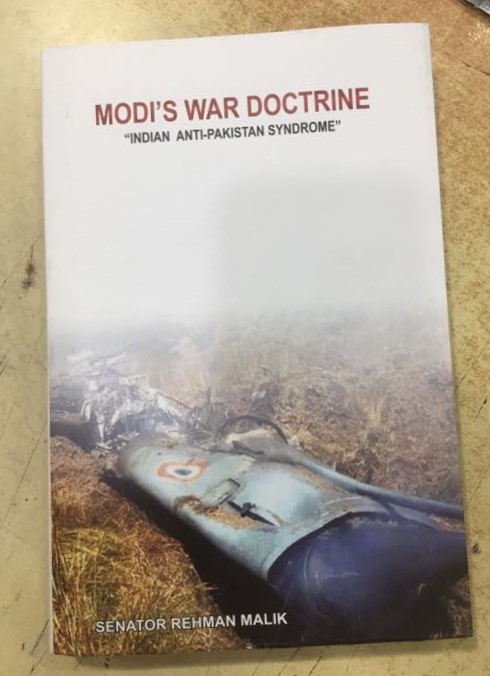The debate on the India-Pakistan strategic competition and its negative impact on regional security environment of South Asia has taken a new turn with the arrival of Narendra Modi as the Prime Minister of India. Under his leadership New Delhi has reformed its foreign relations with different states. The impact of Modi’s ideas, first in Gujarat then in India at large has revolutionized Indian domestic politics under strict ideological maxims. In addition to worsening Indian politics, New Delhi’s foreign relations also transformed into ferocious ideological trends. The rise of fanatically ideological politics in India and its connection to New Delhi’s foreign relations has led the international community to focus more sharply on this trend. The leading circles of global intellectual communities started studying the nature of Indian politics under the right-wing Hindu nationalist party, Bharatiya Janata Party (BJP). The BJP rule has introduced Modi’s corollary of Hindutva ideology, dubbed by the international community as “Modituva”. The relevance of Modituva has shaped various faces of India at the internal and external fronts, and these faces have adopted some very violent trends. Akin to the leading scholarly communities of the international system, Modi’s version of Indian politics has been studied by diplomats, politicians, and policymakers. As the result of varying opinions emerging from different parts of the world, a brief layer of literature appeared from Pakistan on Modi’s way of managing South Asian politics generally and India-Pakistan relations particularly. The book under review presents the views of Pakistani politicians, Rehman Malik (late), who served at various prestigious positions under different political administrations and secured two prestigious civil awards. He was also granted an honorary degree of “Doctorate for Peace” by the University of Karachi in 2011. Moreover, late Malik has served as Federal Interior Minister of Pakistan and the SAARC Home Ministers Committee Chairman. His political career allowed let prove his potential on various matters under different Senate Standing Committees. Furthermore, his academic interests facilitated him in cultivating a respectable standing in different intellectual and policy circles of the county. The combination of his political and literary interests served him well, expressing his thoughts on various dimensions of global politics and its anti-Pakistani obsession.
The book under review is a brief picture of Malik’s ideas about Pakistan’s position in an intense regional security environment where the Indian anti-Pakistani obsession has become a permanent threat for Islamabad. The book’s main theme revolves around the contemporary phase of the India-Pakistan decades-long conflict and its unprecedented growth under the Modi government. The discussion is divided into thirty-one short chapters, and every chapter tries to cover a separate dimension of New Delhi’s anti-neighbourhood policy against the territorially adjoining nations. In other words, the book is an exclusive account of thirty-one short essays covering different dimensions of Modi’s anti-Pakistani behaviour. The book starts the debate from the initiation of the current wave of New Delhi’s antipathy towards Islamabad and its promotion in the BJP’s government. It was during the pre-general election scenario of 2019 when the Indian government started blaming Pakistan for being behind an attack on the Indian security forces’ convoy at Pulwama, an area of Indian occupied Kashmir (p. 08). The last chapter ends the debate on summarizing the conflicted regional security environment of South Asia and the varying positions of the international community on the India-Pakistan conflict. Deprived of a formal introduction and the main investigation points, the book starts the debate from the first chapter explaining the Historical Perspective. After a brief Preface, the first chapter started elaborating different formats of information in the main arguments of the book and continued the debate the same way in the subsequent chapters. This was a more descriptive and less analytical approach of the writer

The book is a glimpse of the writer’s approach to staying strong against the propaganda against Pakistan while upholding the national image of his country in regional and global affairs. His affiliation to the standing of Pakistan in the domestic and global environments is due to his active and dynamic role in the global war on terror. He earned a high honorary university degree from the University of Karachi based on his services in resorting to the peace inside the country during the period of the US-led war on terror and Pakistan’s active contribution to it. Thus, the book Modi’s War Doctrine contains substantial pieces of evidence to prove the writer’s central argument concerning the anti-Pakistani agenda of Modi and its different faces in regional and global affairs. An analytical survey of different events caused by major policy reforms in India under the Modi administration tried to create a link between policy formulation and its practical implementation in the targeted areas in New Delhi. It is a fascinating book account of the writer’s personal experiences linked to the main argument of the book, which increases the validity and legitimacy of the analysis presented in the book. In other words, the main theme of the book covers the main debates in different segments, consisting of different short essays, mainly supported by the primary sources of data. These data sources make this book more of an autobiographical survey of the writer’s professional life and his experiences at different politically administrative and professionally responsible positions in different governments. Therefore, the combination of autobiographical and analytical arguments is not an exceptional feature of Malik’s study because many authors have maintained their less-academic positions on different political developments of the world. Analogous to maintaining his arguments on Modi’s ferocious way of managing New Delhi’s ties with Islamabad, the writer has completed two other books merely discussing the issues of Kashmir and Daesh-ISIS. The books Bleed Kashmir: Oppressed Kashmiri Waiting for Justice and Plebiscite and Daesh-ISIS: Rising Monster World Wide gained popularity among the general public while having a short recognition in the leading academic circles of the country. It could be treated as the writer’s own way of describing different political developments in the South Asian security environment based on his personal experiences. Thus, the book could be treated as appropriate reading for students interested in understating the recent phase of India-Pakistan ties under Modi’s corollary of Hindutva. It could also be considered an apt survey of recent developments in the protracted conflict between New Delhi and Islamabad.





